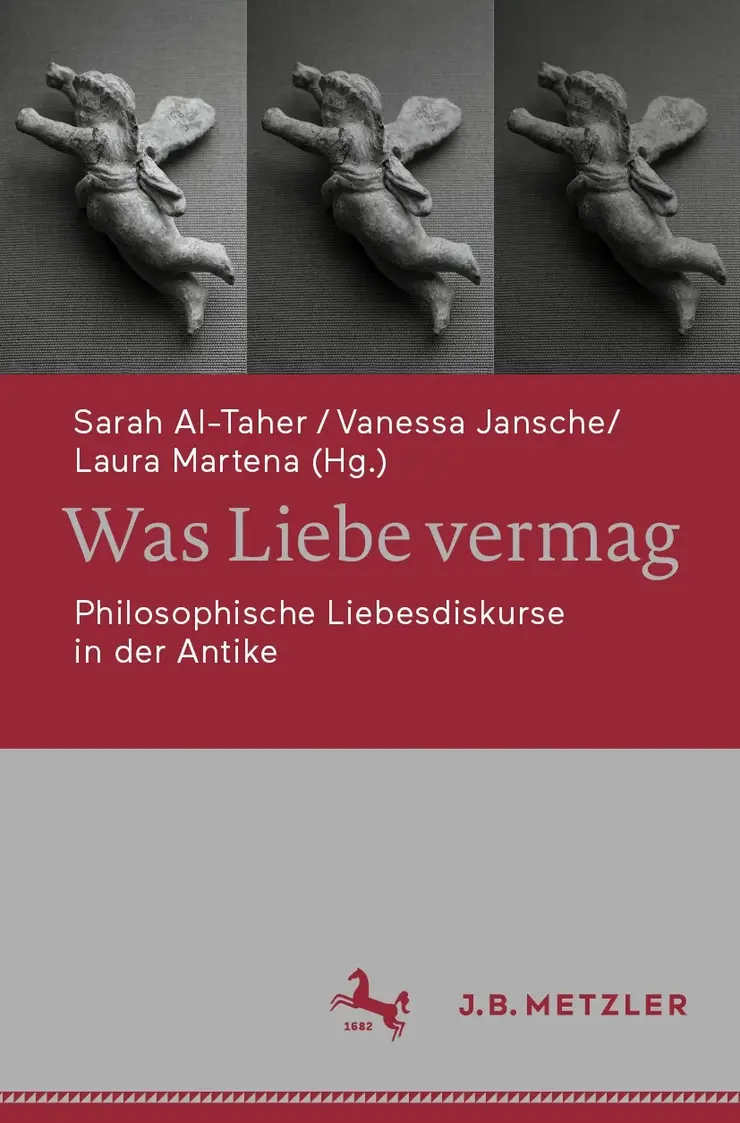What is love? What is it based on? How is it experienced, and what significance does it have for the individual and for human togetherness? These questions have occupied Philosophy intensively since its beginnings in antiquity. The plurality of terms in which the ancient discourse on love is condensed (agape, eros, philia, caritas, amor, etc.) already points to the multifaceted nature of the phenomenon and the diversity of its philosophical thematizations. The given answers are extremely effective until today. They influence more or less directly our human self-understanding - from the idea of erotic love as an act of merging the previously incomplete into a whole, to friendly love as a principle of the social and the idea of universal charity, to man's love for God and the cosmos.
The volume traces the ancient philosophical discourses on love in a broad historical approach, starting from the Archaic (I), through Sophistic thought (II), Platonic (III), and Aristotelian philosophy (IV) to Hellenism (V) and Late Antiquity (VI), and in doing so also makes visible their manifold reception relationships and philosophical contexts. The aim, however, is not merely a historicizing view. Rather, the contributors - all of whom are acknowledged experts in the field of ancient Philosophy - also explore the systematic potential of the respective reflections for contemporary discourse on love, both within the analytical and the continental philosophical tradition.
The volume "Was Liebe vermag - Philosophische Liebesdiskurse in der Antike" (What Love Can Do - Philosophical Discourses on Love in Antiquity) emerged from a conference of the working group "Philosophische Anthropologie in der Antike" (Philosophical Anthropology in Antiquity) within the "Gesellschaft für Antike Philosophie" (Association for Ancient Philosophy) in cooperation with the Max-Weber-Kolleg in May 2019, organized by Sarah Al-Taher, Vanessa Jansche, and Laura Martena.

